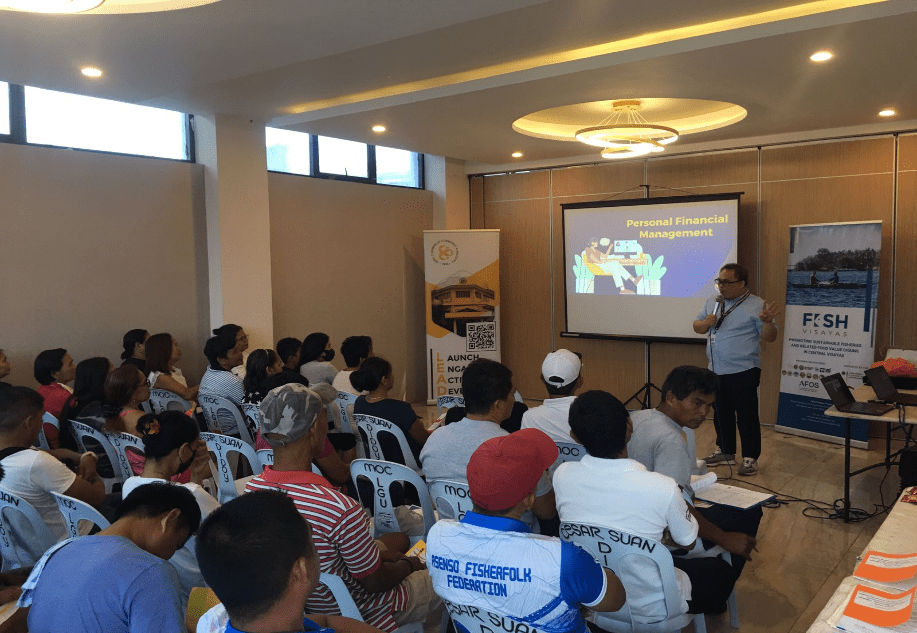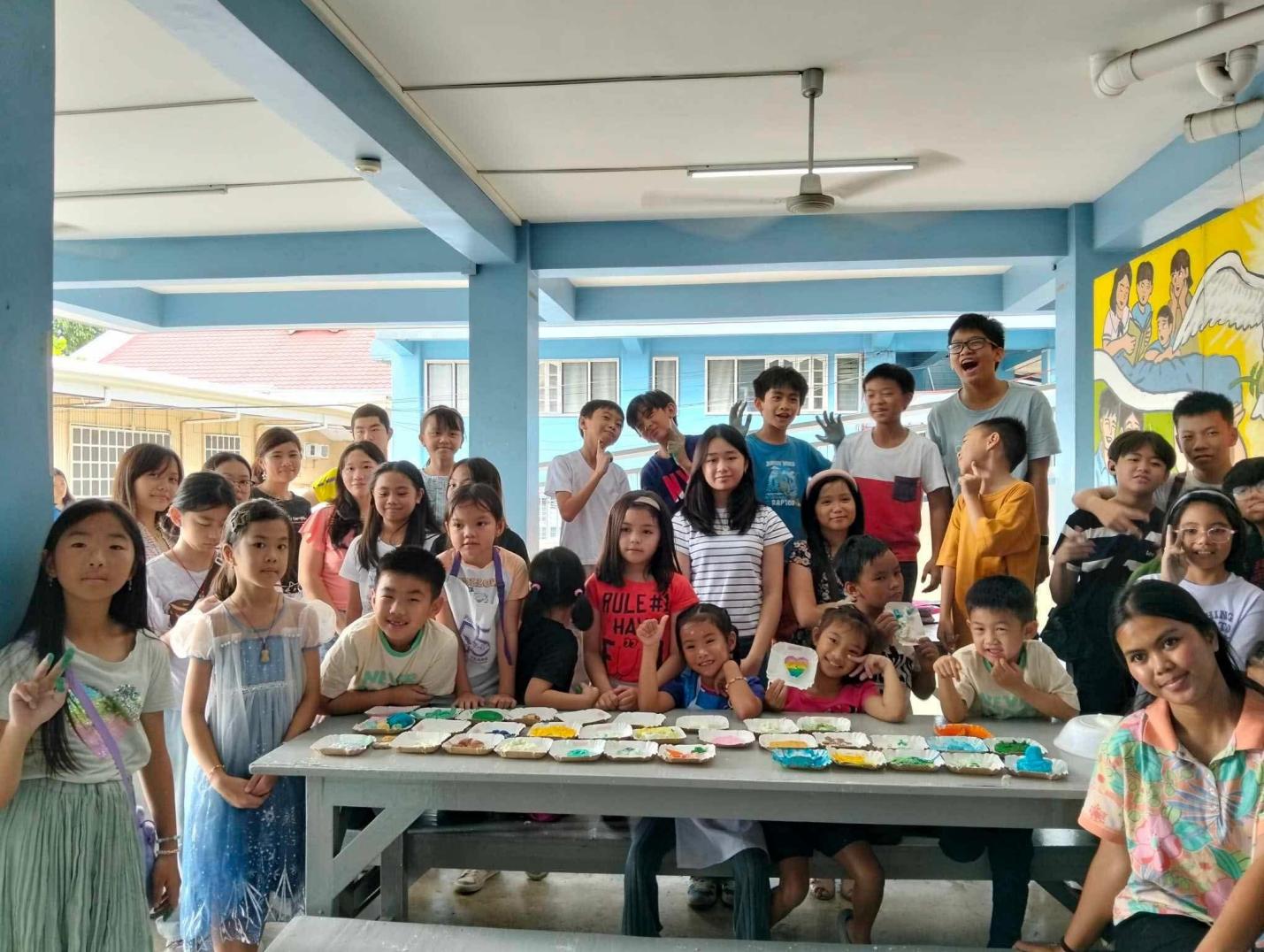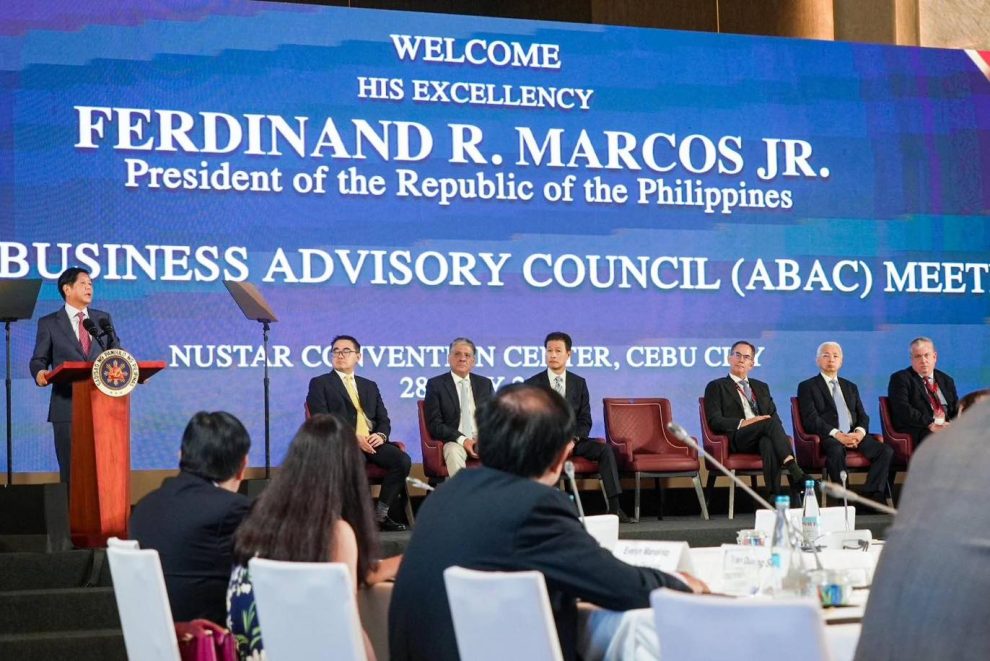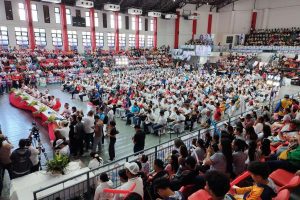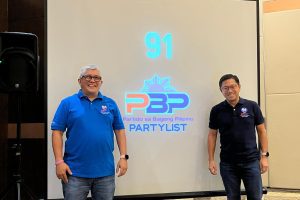President Ferdinand R. Marcos Jr. recognized on Friday the leadership role of the business sector in setting up standards on responsible business conduct to prop up growth and development in the Asia-Pacific region.
“Finally, we need not only the cooperation but the leadership of the business sector in setting up standards on responsible business conduct that will encourage sustainable practices while balancing rapid growth, not a simple job to do,” President Marcos said in his remarks during the opening ceremony of the Third APEC Business Advisory Council Meeting (ABAC 3) in Cebu City.
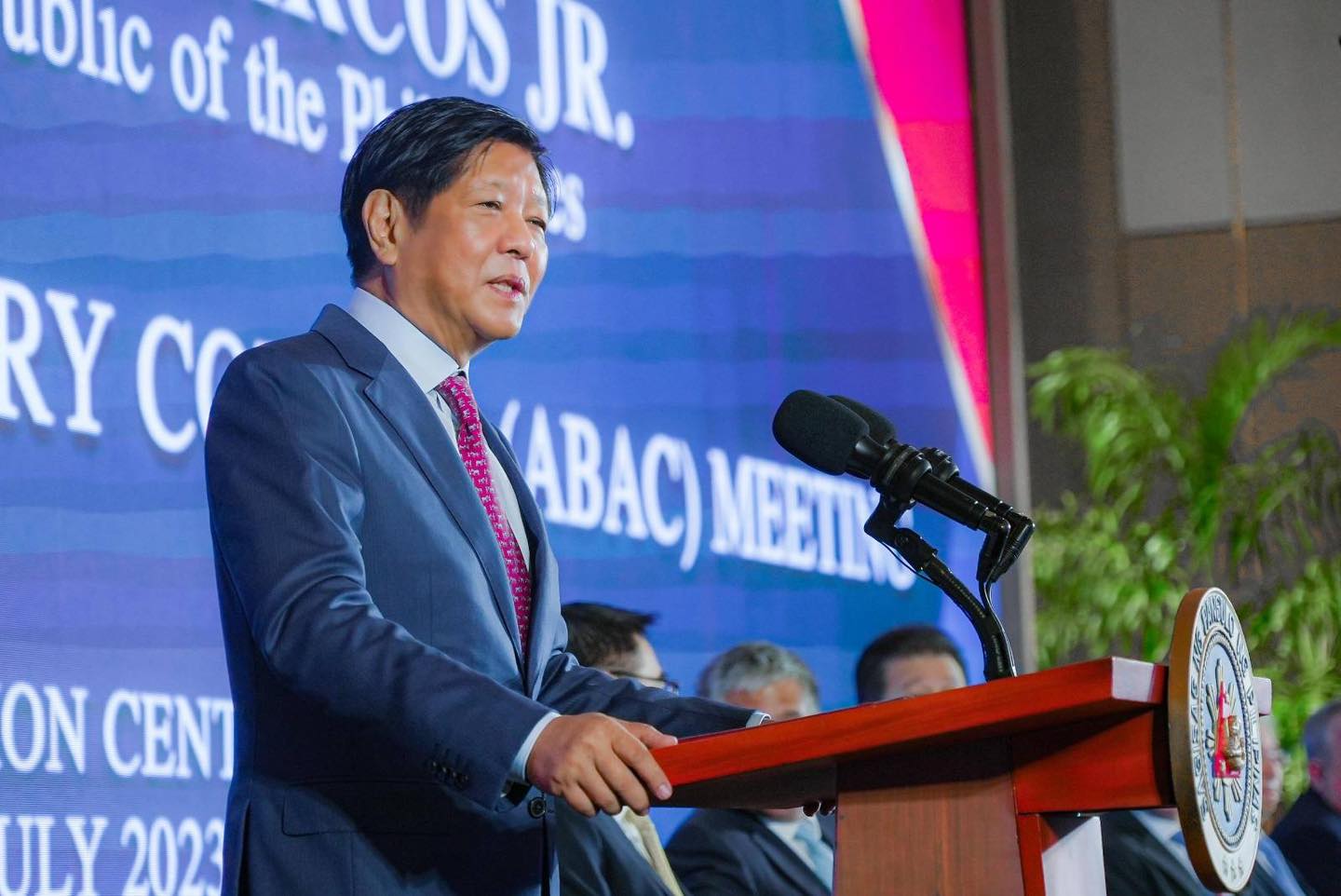
“Opportunities abound for our people if APEC (Asia-Pacific Economic Cooperation) preserves its strength as an incubator of ideas, driven in large part by the significant contributions of ABAC and the dynamism of the business community in our region.”
According to the President, member economies of APEC have proven this in some of their agreements that have made their way to the multilateral trading system.
President Marcos pointed to digitalization and innovation as key factors to providing an enabling environment for APEC’s regional economic integration, just, inclusive, and sustainable transition through workforce upskilling and provision of green jobs, and strengthening structural reforms and macroeconomic fundamentals by promoting positive economic shifts.
There are several opportunities from the imminent Industry 4.0 (Fourth Industrial Revolution) and clean economy transition that APEC members can seize, he noted.
On the part of the Philippines, the President reported the current administration’s initiatives. He said that his government has set out roadmaps to ensure that it captures these opportunities while addressing the concomitant challenges.
“Establishing a dynamic and innovative ecosystem is one of the cross-cutting strategies in our transformation agenda,” he told the ABAC gathering.
“Amongst others, we have enacted and enforced e-Commerce, e-Governance, and innovation, and have also made legislative reforms to make our business environment more conducive to the next generation’s trade and investment, including Foreign Investments Act amendments and the now active in the Philippines, RCEP (Regional Comprehensive Economic Partnership).”
Just last month, the government certified as urgent the Public-Private Partnership Act, he added.
Marcos also raised the need to support the development of micro, small, and medium enterprises (MSMEs), which make up the majority of the region’s businesses and sources of employment.
“Thus, it behooves us to equip them with digital tools and skills to enable their participation in the digital economy,” he pointed out.
“It is in this light that I am heartened to receive the recommendation of ABAC to form a successor initiative to the Boracay Action Agenda to globalize MSMEs. With the ambitious agenda set by the US this year for their APEC hosting and the upcoming SME Ministerial Meeting, I am certain that actions will quickly follow our intentions.”
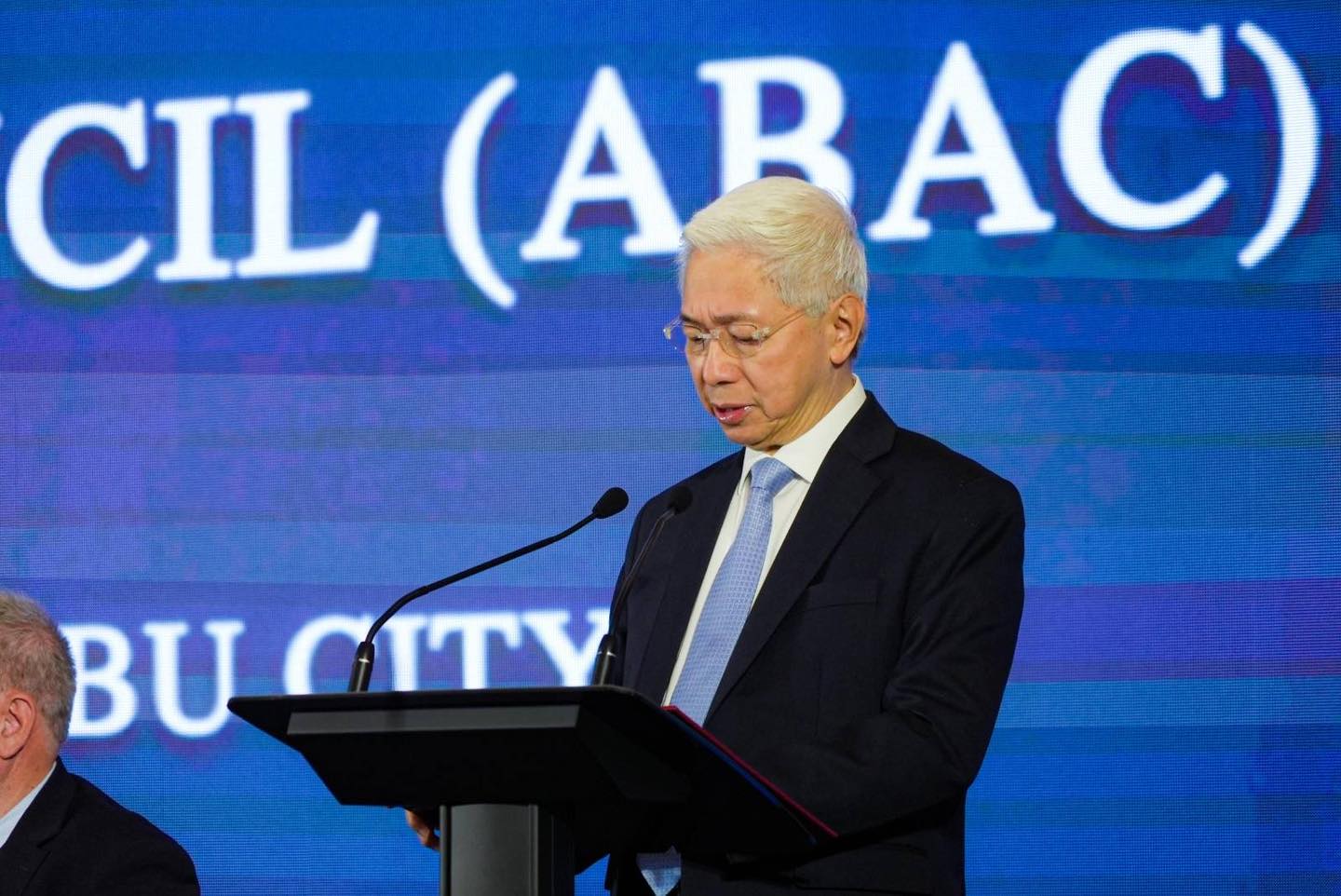
The President commended ABAC Philippines for hosting the ABAC event in Cebu as he urged ABAC Members to not only find inspiration from the surroundings to accomplish the deliverables it has set out in the agenda but to also “leverage” the tools available at their disposal to find a common understanding.
In line with ABAC’s recommendations, he said that as APEC members engage with the business community, technical cooperation and capacity building play pivotal roles in ensuring that their economies are capacitated to implement agreements, hasten development, and ultimately find complementarities in their economies to not only strengthen regional value chains but also create new markets and opportunities, and foster equitable growth.
A recent study by McKinsey & Company reveals that the business sector contributes up to 72 percent of GDP, and this is triple the value in 1960, with companies now accounting for 85 percent of technology investment and labor productivity growth.
The President also raised in his remarks the global challenges such as climate change, ocean waste and pollution, shift to clean energy, and smart city agglomeration that should effectively be addressed in a sustainable and resilient manner.
While the Philippines stays committed to its nationally determined contributions, he said it has shifted the global discussions on climate change by now focusing on scientific findings and undertaking practical actions that may immediately be implemented on the ground.
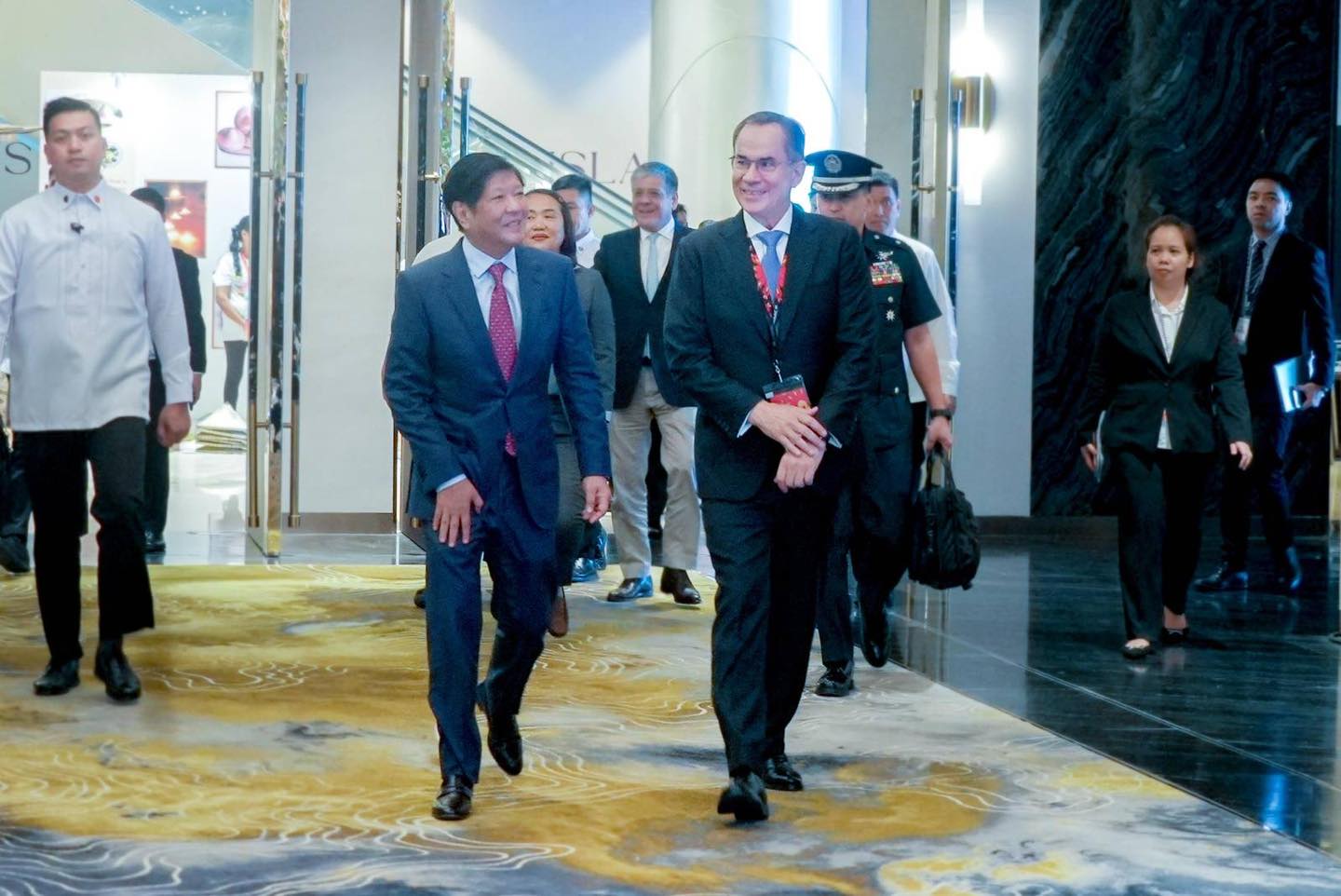
In 1995, APEC leaders established the ABAC tasked to provide a private sector perspective towards achieving free and open trade and investments in the Asia Pacific region (Bogor goals).
The Council had its first meeting and dialogue with the Leaders in 1996 when the Philippines first chaired APEC. Ambassador Roberto Romulo of the Philippines served as ABAC’s founding chairman.
Every year, ABAC submits a Report to APEC Leaders which outlines key recommendations focused on regional economic integration. (PND / PCO)




